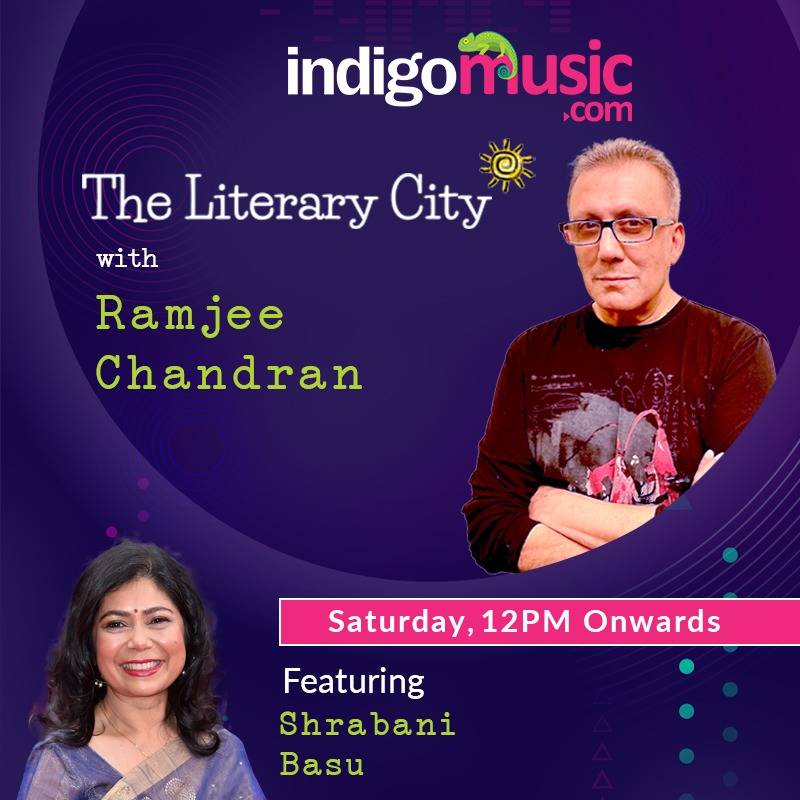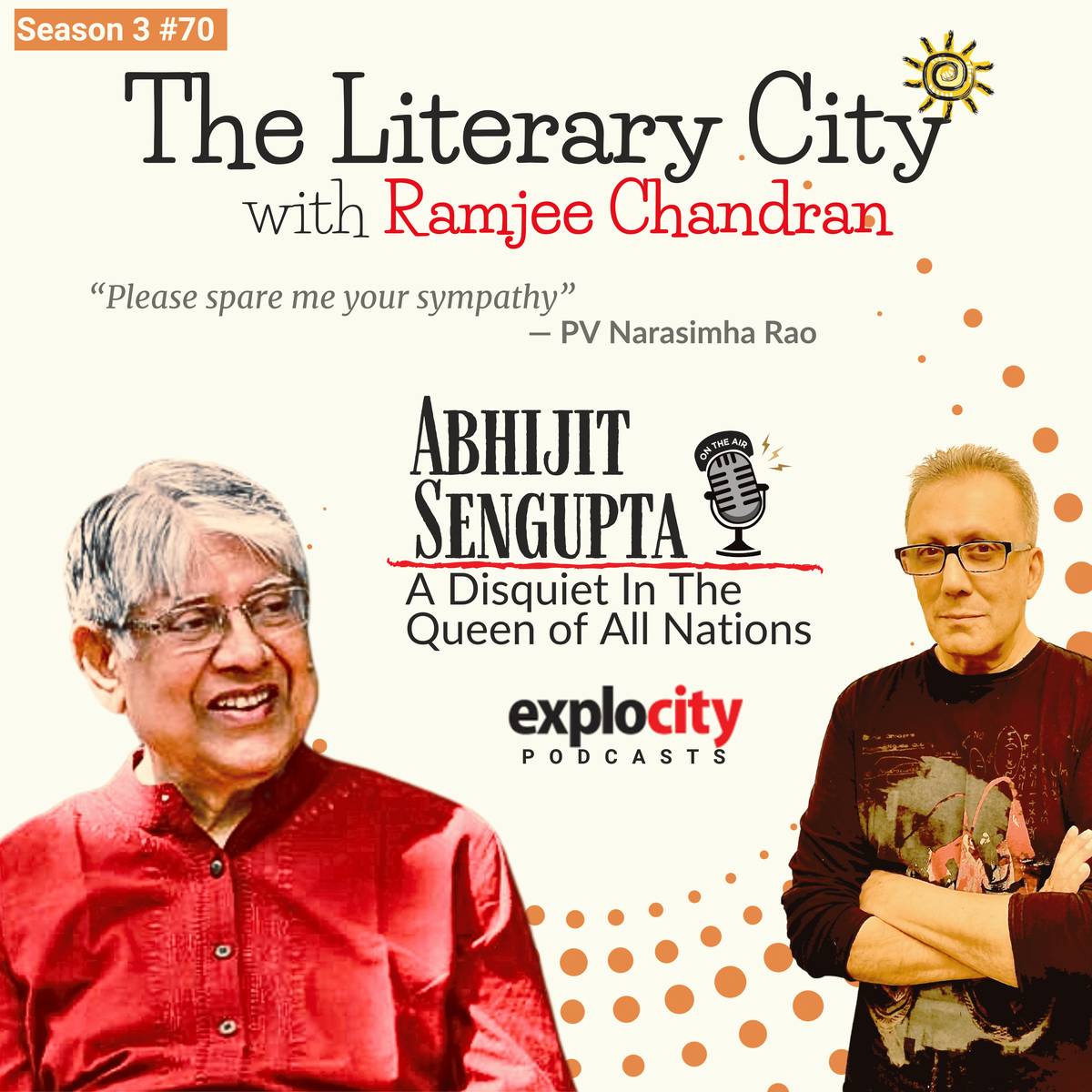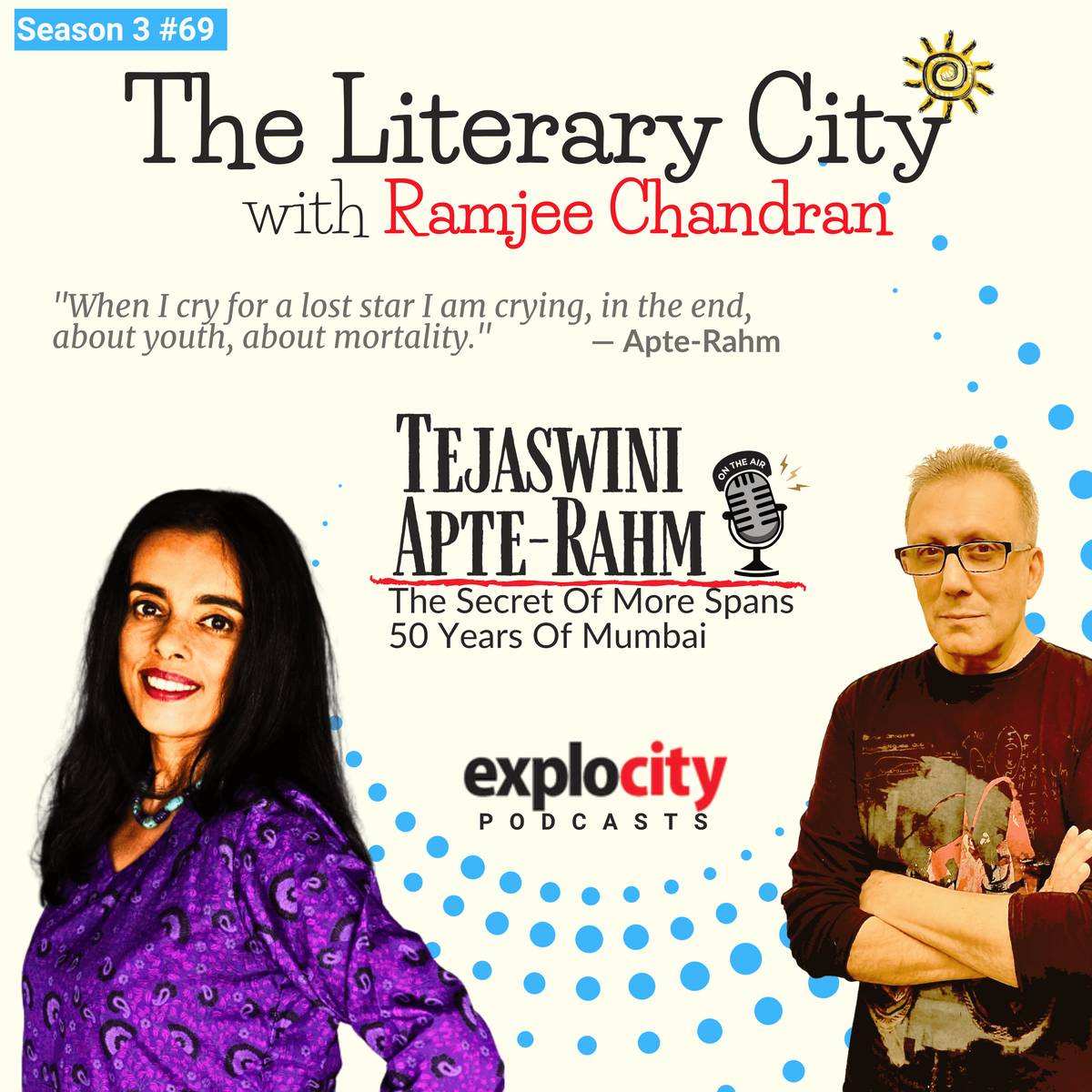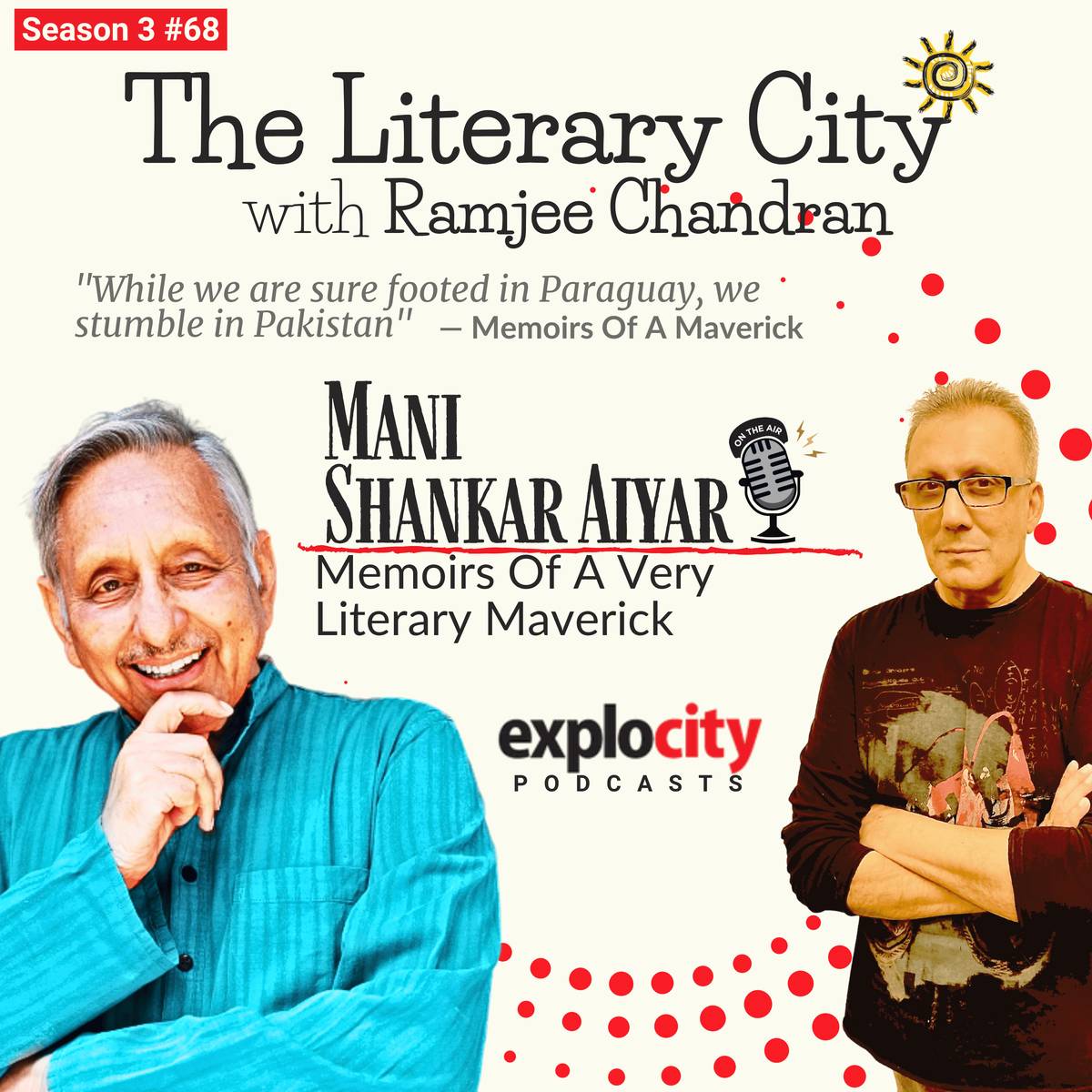What Happens When The Big Man Passes On? After Messiah With Aakar Patel
Building an entire novel built upon this possibility as a foundational premise, is my guest today, a journalist, author, analyst, and commentator, and now, novelist. Aakar Patel, known for his extensive body of work in politics, culture, and political economics, has ventured into the world of fiction with his debut novel—After Messiah.
Oct 11, 2023, 10 32 | Updated: Oct 11, 2023, 10 32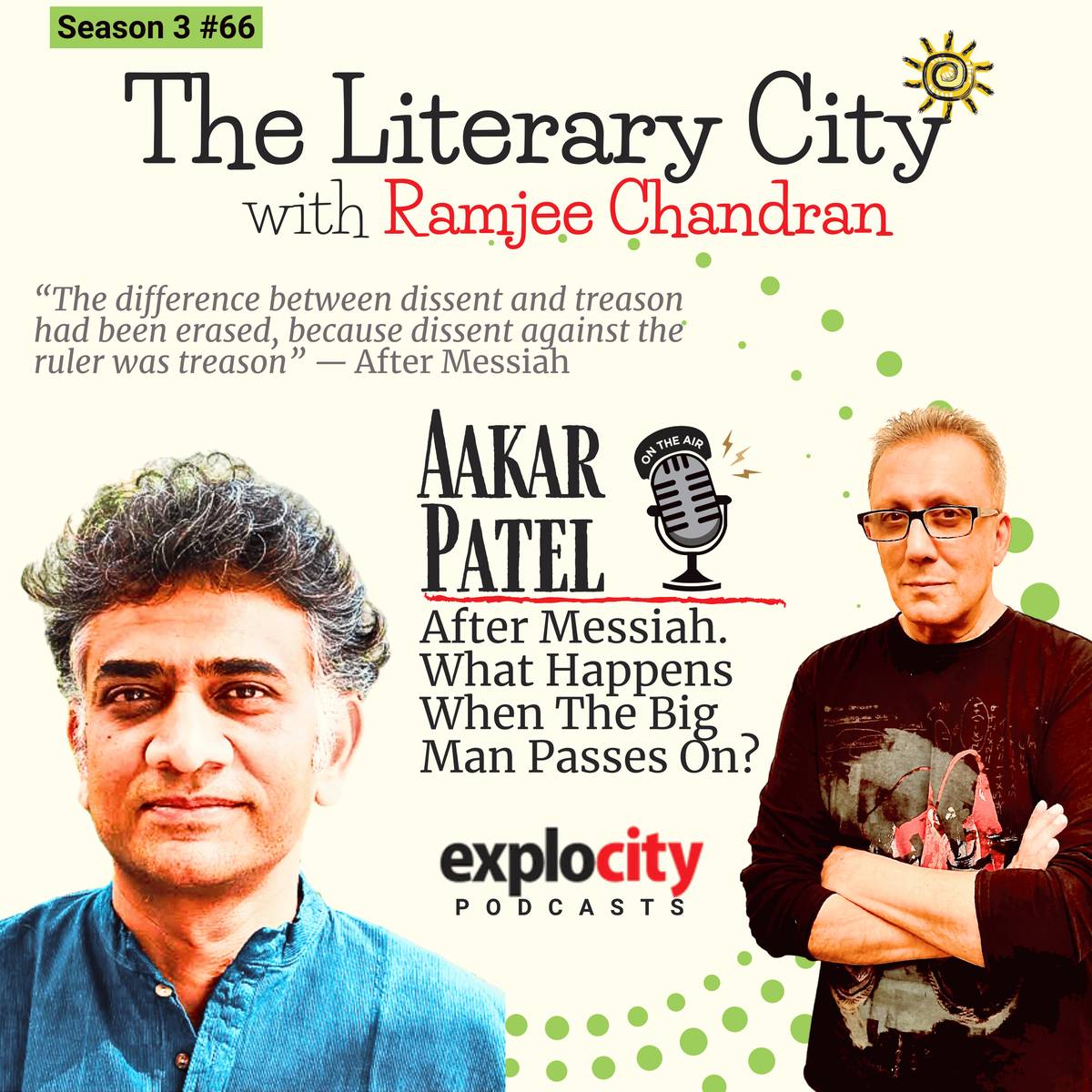
Most of us do not colour code our threat levels. But nations do.
Following 9/11, the Homeland Security Advisory System in America in 2002 came up with the warning system that we all know and love today in our TV shows—green, blue, yellow, orange and red, depending, obviously, on the severity of the threat.
Government officials plan and practice their responses to each threat level—war games for the bureaucrats.
What if the threat was not a threat in the conventional sense of some action that the nation must defend, but the threat that comes from nothing at all? One example is say, the leader of the nation passes and the administration suddenly loses its alpha and is left rudderless and the panjandrums receive no instructions on what to do next.
Building an entire novel built upon this possibility as a foundational premise, is my guest today, a journalist, author, analyst, and commentator, and now, novelist. Aakar Patel, known for his extensive body of work in politics, culture, and political economics, has ventured into the world of fiction with his debut novel—After Messiah.
A novel is a remarkable canvas for expressing ideas, freeing the author from the constraints of traditional media like newspapers.
Newspapers, for instance, are required to simply and clearly report what happened. But sometimes as a newsperson, you get to know about things that you cannot report by the usual rules of reportage. Such as off-the-record information that might be of great importance. The edit page of the newspaper is for such things— where you might reveal or hint at something, having editorialised it.
Aakar Patel's work raises essential questions about the role of the bureaucracy and the responsibilities it bears. His superior skills in prose ensure that his novel is not just thought-provoking but also an effortless—and very often funny—read. Aakar is not one to stay snugly inside the box; he busts out the whole “eager to learn and illuminate” ethic and thus, escapes the confines of convention.
Today, he unveils this debut novel. While After Messiah might be his debut novel, this is not his debut appearance on The Literary City. He is my first returning guest in almost two years of this show. He joins me from his home in Bangalore, a city we share.
PREVIOUS APPEARANCE: https://litcity.in/e14-sptfy
ABOUT AAKAR PATEL
He is a syndicated columnist who has edited English and Gujarati newspapers. His books include "Why I Write", "Our Hindu Rashtra: What It Is. How We Got Here", "Price of the Modi Years" and "The Anarchist Cookbook". His work reimagining South Asia, "The Case For Akhand Bharat" is out in 2024. He is the Chair of Amnesty International India.
BUY AFTER MESSIAH: https://amzn.to/3Q4Xj0q
WHAT'S THAT WORD?!
Co-host Pranati "Pea" Madhav joins Ramjee Chandran in "WHAT'S THAT WORD?!", where they discuss the word "MESSIAH"
CONTACT US
Reach us by mail: theliterarycity@explocity.com or simply, tlc@explocity.com
Or here: https://www.facebook.com/groups/theliterarycity
Or here: https://www.instagram.com/explocityblr/




